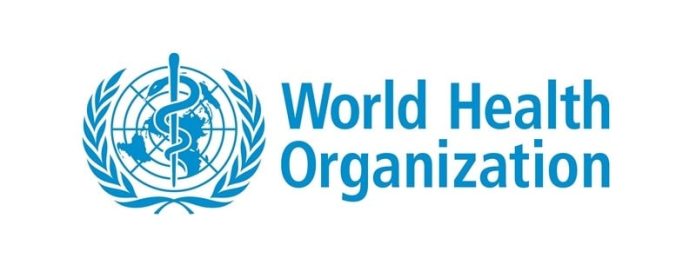A World Health Organisation agency, the International Agency for Research on Cancer has declared that aspartame, an artificial sweetener widely used in diet drinks and low-sugar foods, could possibly cause cancer.
A press statement by the global health body noted that IARC classified aspartame as possibly carcinogenic to humans on the basis of limited evidence for cancer in humans, specifically, for hepatocellular carcinoma, which is a type of liver cancer.
“There was also limited evidence for cancer in experimental animals and limited evidence related to the possible mechanisms for causing cancer,” it read in part.
The WHO agency, however, said aspartame is safe to consume within a daily limit of 40 milligrams per kilogram of a person’s body weight. For example, with a can of diet soft drink containing 200 or 300 mg of aspartame, an adult weighing 70kg would need to consume more than 9–14 cans per day to exceed the acceptable daily intake, assuming no other intake from other food sources.
Aspartame is an artificial (chemical) sweetener widely used in various food and beverage products since the 1980s, including diet drinks, chewing gum, gelatin, ice cream, dairy products such as yoghurt, breakfast cereal, toothpaste and medications such as cough drops and chewable vitamins.
Cancer is one of the leading causes of death globally. Every year, 1 in 6 people die from cancer.
“The assessments of aspartame have indicated that, while safety is not a major concern at the doses which are commonly used, potential effects have been described that need to be investigated by more and better studies,” the Director of the Department of Nutrition and Food Safety, WHO, Dr Francesco Branca said.
An official of the IARC Monographs programme, Dr Mary Schubauer-Berigan emphasised that the classification of aspartame as a possible carcinogen is based on limited evidence.
“The findings of limited evidence of carcinogenicity in humans and animals, and of limited mechanistic evidence on how carcinogenicity may occur, underscore the need for more research to refine our understanding on whether consumption of aspartame poses a carcinogenic hazard,” she said.
The Joint Expert Committee on Food Additives also considered the evidence on cancer risk, in animal and human studies, and concluded that the evidence of an association between aspartame consumption and cancer in humans is not convincing.
WHO’s Head of the Standards and Scientific Advice on Food and Nutrition Unit, Dr Moez Sanaa said, “We need better studies with longer follow-up and repeated dietary questionnaires in existing cohorts. We need randomised controlled trials, including studies of mechanistic pathways relevant to insulin regulation, metabolic syndrome, and diabetes, particularly as related to carcinogenicity.”
The IARC and JECFA evaluations of the impact of aspartame were based on scientific data collected from a range of sources, including peer-reviewed papers, governmental reports, and studies conducted for regulatory purposes.
The studies have been reviewed by independent experts, and both committees have taken steps to ensure the independence and reliability of their evaluations.
The statement added that IARC and WHO will continue to monitor new evidence and encourage independent research groups to develop further studies on the potential association between aspartame exposure and consumer health effects.
Share your story or advertise with us: Whatsapp: +2347068606071 Email: info@newspotng.com








